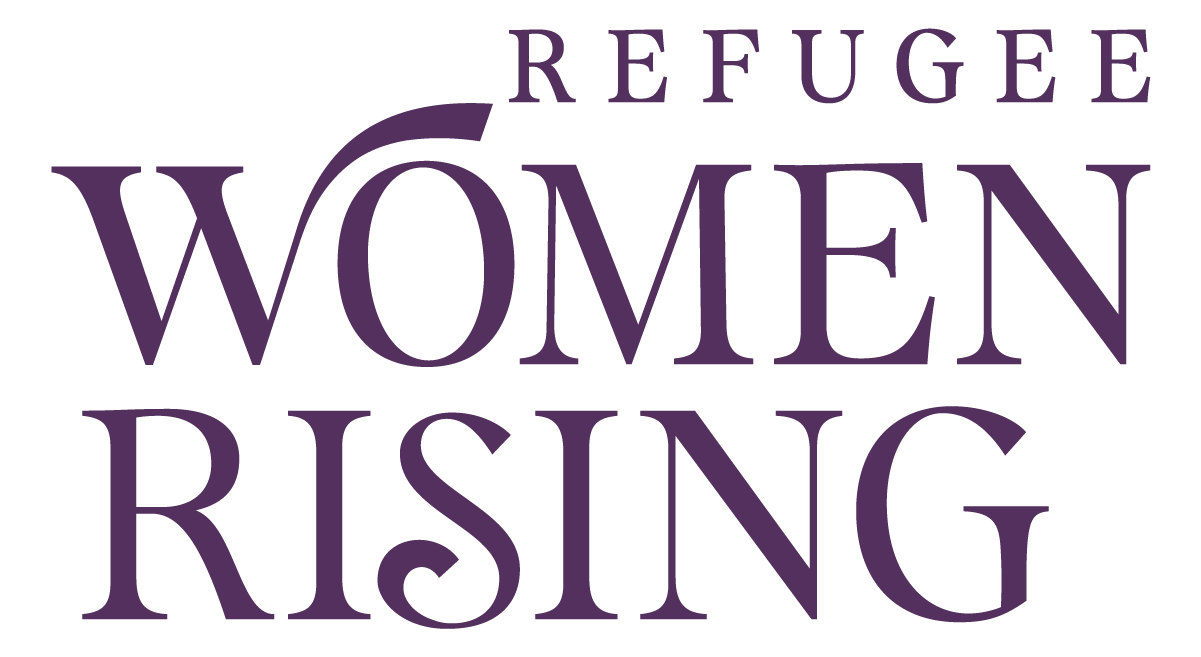
Who are refugees?
A refugee is someone who is forced to flee their home country to escape persecution or a serious threat to their life, physical integrity or freedom. Crises around the world have contributed to the rising number of refugees, including:
On-going conflict and natural disasters in Syria, South Sudan, Ukraine, Ethiopia, Venezuela, El Salvador, Myanmar (Burma) and Nepal.
Insecurity and violence in Afghanistan where 80% of newly displaced Afghans are women and children.
On-going discrimination against ethnic Rohingya in Myanmar’s Rakhine State.
At RWR, our priority is refugee women, but we also serve non-native women regardless of official visa categorization.
-
A refugee is someone who is forced to flee their home country to escape persecution or a serious threat to their life, physical integrity or freedom. This may be linked to their race, religion, nationality, political beliefs or membership of a social group. But also to situations of conflict, violence or public disorder.
-
There are 27.1 million refugees across the world and around half of them are under the age of 18. The total number of displaced people worldwide is 89.3 million. This includes not only refugees but also asylum-seekers and people displaced inside their own countries.
-
Refugees are people outside their country of origin because of feared persecution, conflict, violence, or other circumstances that have seriously disturbed public order, and who, as a result, require ‘international protection’. The term ‘migrant’, has historically been used to designate people who move by choice rather than to escape conflict or persecution, usually across an international border. This can include finding work or pursuing an education, but also for reuniting with family or other reasons.
-
An immigrant who has been forcibly displaced and might have fled their home country because of war or other factors harming them or their family. If their case is accepted, they become considered a refugee. The terms asylum seeker and refugee are often confused.
-
An internally displaced person or “IDP” is someone who has been forced to flee their home but remains within home country's border. Countries with some the largest internally displaced populations are Colombia, Syria, Democratic Republic of the Congo, and Yemen.
-
The refugee agency of the United Nations mandated to to designate people as refugees. They also coordinate international action to protect refugees, attempt to resolve refugee problems worldwide, and safeguard the rights and well-being of refugees. Since their formation in 1950, they have helped over 50 million refugees.
Terms to Know
Refugee Service Providers
Refugee Service Providers
Omaha Refugee Taskforce - Coalition of dozens of refugee service providers.
Restoring Dignity - Provides household items and cleaning education.
International Center for Refugees and Immigrants - Social services and case management, advocacy, and youth programing.
Immigrant Legal Center - Free legal advice, assist immigration issues.
Refugee Empowerment Center and Lutheran Family Services - Resettlement agencies (90-day support), helps find housing, schools, ESL, employment, and social services for new refugees in Omaha.

